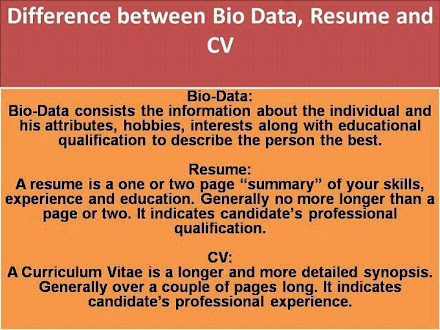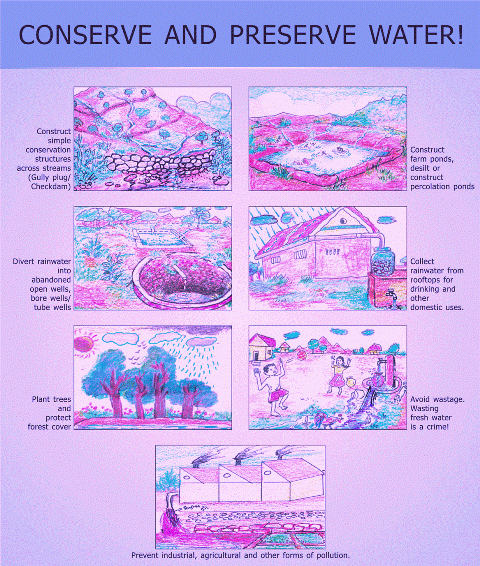After the Tsunami: Lessons from Reconstruction
By: Paul McMahon, Thomas Nyheim and Adam Schwarz, 01/06/06
From The McKinsey
Quarterly, by special arrangement.
Of the 14 countries struck by the massive tsunami of 2004, Indonesia and Sri Lanka were the hardest hit. In the aftermath, both faced the overwhelming task of reconstructing their societies, coordinating hundreds of agencies, and administering billions of dollars in aid.
Reviewing the experience of the first year could offer indispensable lessons for governments responding to future disasters. One key lesson learned by both Indonesia and Sri Lanka: establishing a national reconstruction agency separate from existing ministries was essential. Indonesia created the Rehabilitation and Reconstruction Agency for Aceh and Nias (BRR), Sri Lanka the Task Force to Rebuild the Nation (Tafren). Consultants from McKinsey, which provided pro bono assistance to both agencies, discuss in this article some of the specific experiences and their implications for other reconstruction efforts in the wake of major disasters.
Unfortunately, such lessons are far more than academic, as the hurricanes along the US Gulf Coast and the devastating Kashmir earthquake in just the past 12 months have demonstrated.
The tsunami was blamed for more than 165,000 deaths in those two countries, with massive economic devastation and the destruction of housing and the physical infrastructure along the affected coastlines. The humanitarian response – just over $7 billion committed to Indonesia and $2.6 billion to Sri Lanka - has been equally massive. Reconstruction has involved coordinating the response of international NGOs, local NGOs, UN agencies, government agencies - a daunting task. Just knowing who was doing what, and where, was difficult.
After a disaster, information is the most valuable and often the most elusive asset. An agency must build an IT system to help gather information accurately and quickly from donors and affected communities; Tafren, for example, has adapted a standard, publicly accessible Web-based system for collecting, tracking, and analyzing data and for planning. By matching information from donors on how projects are progressing with feedback from a community on its remaining needs, reconstruction agencies can better align supply and demand and allocate resources more efficiently while monitoring the reconstruction effort's overall progress. Such systems do exist and can be leveraged throughout the world.
It became evident that, to function effectively, a reconstruction agency must define its role clearly, establish a lean organization, and quickly demonstrate its value to the reconstruction effort. A reconstruction agency can't succeed without support from the government and its ministries, national and multilateral donors, nongovernmental organizations, local authorities, and the private sector.
The reconstruction agencies provided skilled advisers, training, technology, funds, and planning tools to help local authorities improve their ability to coordinate and to make decisions. The agencies needed to identify and remove project-delaying bottlenecks - in many cases, simply by cutting through red tape.
The experiences of BRR and Tafren suggest the features a reconstruction agency needs to coordinate a rebuilding effort effectively. Yet even if the agency does everything right, certain external conditions must be in place if it is to complete its mission. Many different stakeholders should be partners in the reconstruction effort, which will only be successful if all participants play their proper roles.
One year out, there are numerous achievements and, sad to say, disappointments as well. Reviewing both is at once a laudable exercise in accountability, and a guide to designing and evaluating such complex projects in the future.







No comments:
Post a Comment